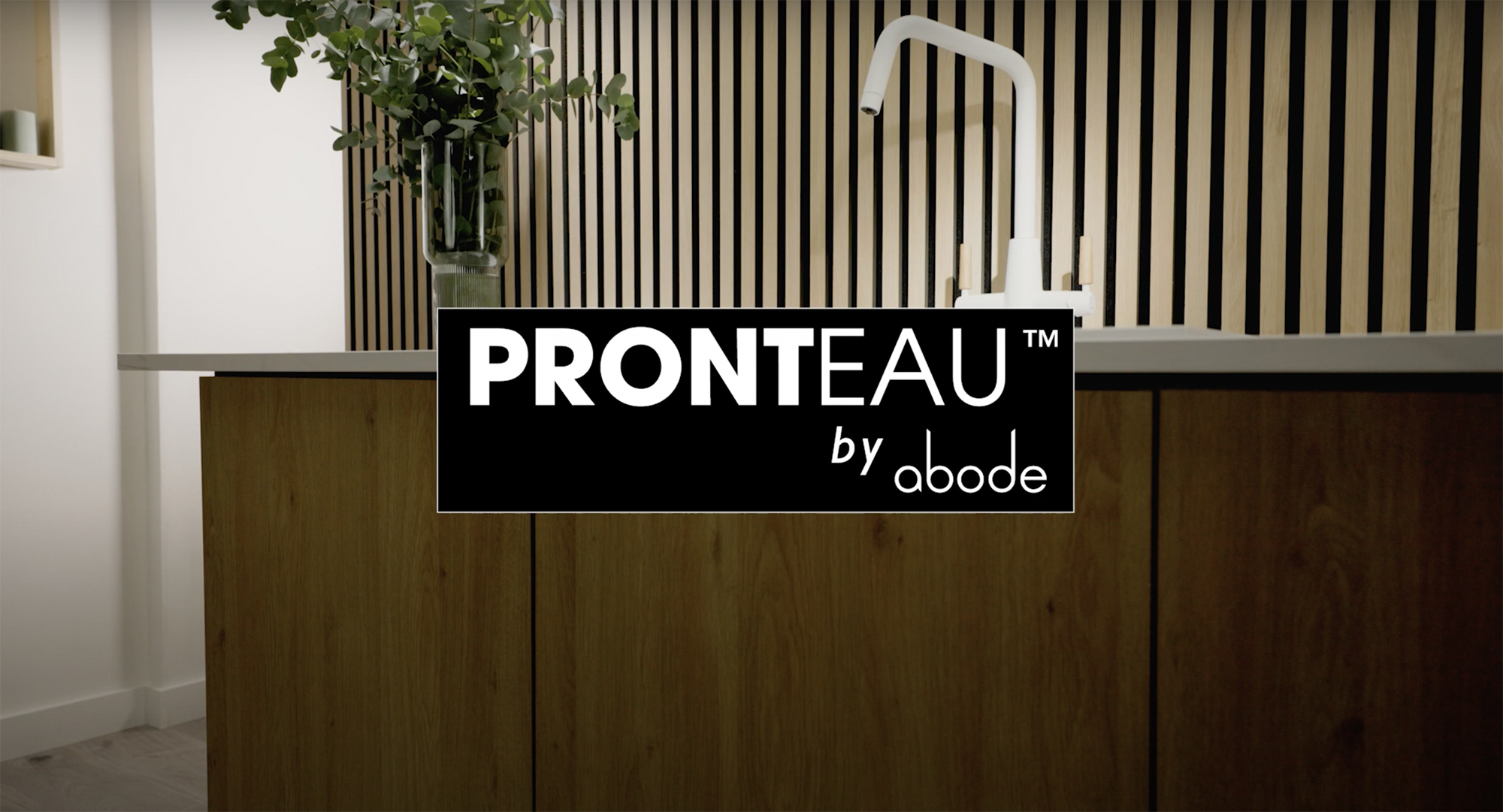Founder of business consultancy Kbb Support Toby Griffin offers his view on the Right to Repair legislation and identifies possible, unintended consquences.

In case you hadn’t noticed, the “Right to Repair” legislation is on its way this summer. Business and Energy Secretary Kwasi Kwarteng said this legislation will put “…more money back in the pockets of consumers whilst protecting the environment”. So this is apparently about a) home finances, and b) the environment.
Home Finances
There is no doubt that not having to buy a brand new machine each time there is a fault would definitely be a saving; but there are the costs of diagnosis, parts and repair which will be incurred.
Sponsored Video
Also a repaired appliance is not the same as a new appliance, and has a significantly shorter lifespan on average.
Environmental protection
Let’s agree that an appliance being taken to land-fill the first moment it suffers a failure is patently bad for the environment.
But, the internet has made identifying the symptom and cure much easier; and if a machine is to be condemned as unfixable, its ability to be broken-down into easily recyclable parts is paramount.
From what I can see, this legislation does not promote either of these vital aspects.
In addition, do we even want our appliances to last a long time? Aside from the fact that a 10-year old appliance will not have up-to-date styling, or functions; the massive increases in appliance efficiency means continuing to use a 10-year old appliance – versus buying a new one – would be relatively bad for the environment at point of use.
Unintended consequences
And the Right to Repair bill may have unintended consequence too, with appliances made to last longer, and be more easily repaired in future, then this will inevitably result in less sales.
These legislative changes have been widely reported as a “Right to Repair”, but in fact they are simply an obligation to keep spares in stock.
For clarity, and with direct reference to kitchens, the law covers: washing machines, fridges, dishwashers, and electronic displays; but I can see many people believing/assuming all kitchen appliances will be covered, and as both parts and labour being covered.
And what will happen to the perception of the value of brand-quality, guarantees and warranties? If many consumers (mistakenly) believe their appliance is effectively guaranteed for 10 years, what is the value in the guarantee?
Who is liable?
If a manufacturer – for whatever reason – doesn’t have spares available for the required 10 years, then would the consumer – having no legal contract with the manufacturer – be obliged to approach the retailer for remedy?
And who is going to do all of these extra repairs? With appliances increasingly technical, will home-owners be able to safely manage it? What’s to encourage manufacturers to make products easier to repair by an amateur? The idealistic vision that home-owners are going to get their tools out from the shed and have a tinker, will be a very long way from the reality.
Ultimately, who pays for this? Holding stock of all spares for 10 years plus is an expensive business, and this cost will be handed on to the consumer, either in the price of the original appliance or in the spares themselves.
So, in conclusion, the legislation attempts to save money for consumers, and protect the environment. It is arguable whether it will achieve either of these things, and it could bring many unintended and undesirable consequences.



